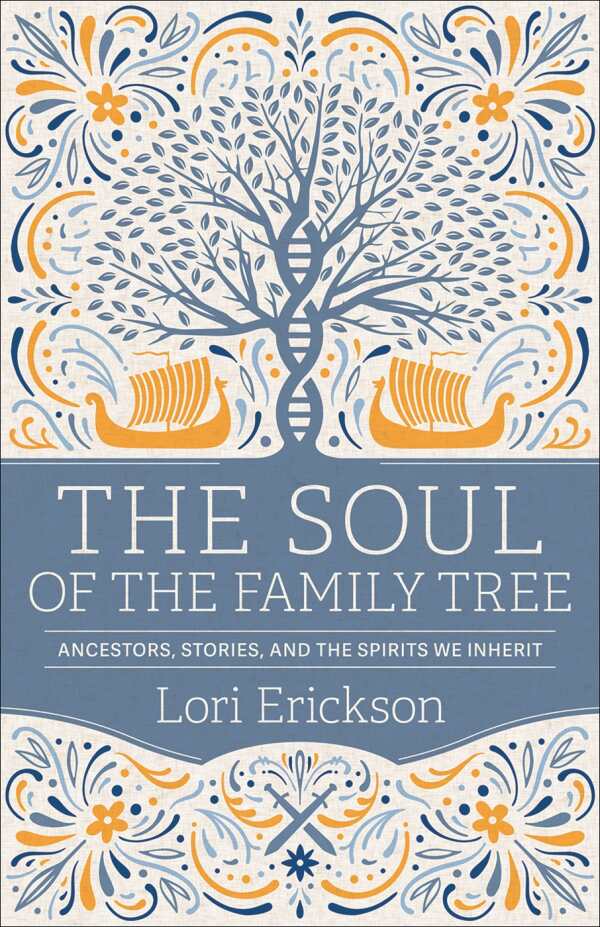The Soul of the Family Tree
Ancestors, Stories, and the Spirits We Inherit
In The Soul of the Family Tree, Lori Erickson traces the “spiritual DNA” of her Norwegian ancestors, investigating how their heritage influenced their cultural practices and religious beliefs, especially in the Midwestern United States.
Erickson turned to genealogy in her middle age, but what started as a hobby soon became an obsession. An AncestryDNA saliva test and visits to the Family History Library in Salt Lake City and the Norwegian American Genealogical Center in Wisconsin helped her to hunt down her great-great-grandfather, who emigrated to the US in 1850. She also traveled to Iceland, Norway, and a Viking site in Newfoundland.
While Erickson declares herself proud to count Leif Eriksson among her ancestors, she acknowledges the reprehensible aspects of Viking history, like rape, pillaging, and the slave trade. But she celebrates its fine qualities, too, including bravery, the drama of Norse myths and sagas, shipbuilding prowess, and the English words that come from Old Norse, like “berserk,” “husband,” and “ransack.” She applies a pick-and-choose philosophy, arguing that “we’re no longer tied to our ancestral identities,” so “all of us have some leeway in choosing which relatives we claim as kin.” Such nuance is an antidote to fast cancellation: one can jettison the bad, but still keep hold of what is good.
With her trademark combination of memoir and pilgrimage tale, Erickson alternates between writing a historical study and recording experiential learning. This results in pleasant variations in the book’s pace and tone. The highlights come when her research meets the real world, as when she travels to see a hoax stone bearing fake runes, or puts together a period costume to wear to a Viking Festival in Minnesota.
The Soul of the Family Tree posits that a spiritual grounding in one’s family history can combat “historical amnesia” and nurture a sense of belonging.
Reviewed by
Rebecca Foster
Disclosure: This article is not an endorsement, but a review. The publisher of this book provided free copies of the book to have their book reviewed by a professional reviewer. No fee was paid by the publisher for this review. Foreword Reviews only recommends books that we love. Foreword Magazine, Inc. is disclosing this in accordance with the Federal Trade Commission’s 16 CFR, Part 255.

